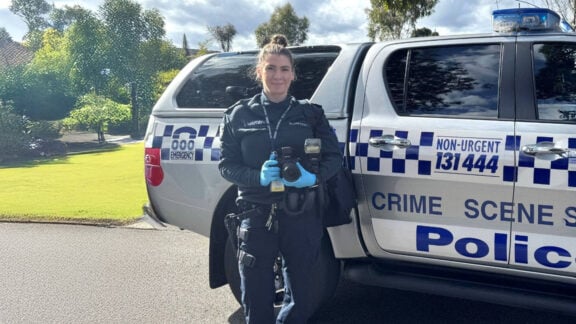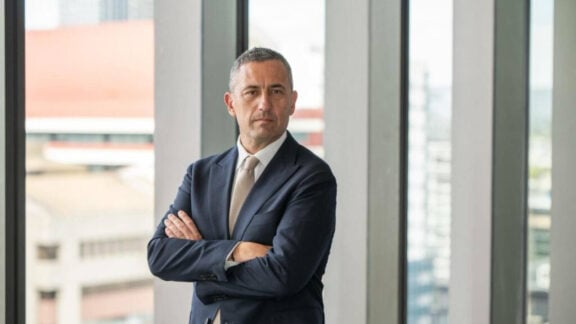One in seven Australians will experience depression, and Greek-born individuals (with an average age of 68) are more than four times as likely to fall into the moderate to severe depression categories than their Anglo Australian counterparts, Vicky Manikas, a Greek Australian psychologist, tells Neos Kosmos.
Yet Vicky explains that discussions about the issues, onset and details of mental health disorders are still a very taboo topic in the Greek culture.
Vicky opened her own private practice, Bespoke Psychology, in August and has extensive clinical experience, having garnered her skills through her time at various institutions, including the Murdoch Children’s Research Institute at The Royal Children’s Hospital in Melbourne, as well as undertaking a PhD in the industry.
She explained that understanding the connection between a sense of cultural pride and mental disorders is a complex web, which would require an entire PhD case study to decipher. But she did say that because Greeks hold family and community very closely, these tend to be a hindering or preventative roadblock in tackling the issue.
After visiting Cyprus with her husband Paul in 2011, they were both keen on finding work and moving their lives to the Mediterranean island. The sticking point was Vicky finding work. Despite seeking the help of a recruitment agency, her efforts proved fruitless due to a lack of demand.
“They don’t really talk about it much. The recruitment agent (in Limassol) said ‘oh there’s just no work here for psychologists, it’s just impossible’. So they’re kind of still a bit taboo about it.”
Vicky opines that a cultural sense of pride prevents Greeks from seeking help.
“[I think] especially in the older generation, it is just something that they don’t want to talk about, they don’t want to acknowledge that there could be something wrong.”
And she finds that it is something that plagues the sexes. Any ‘weakness’, especially amongst men, could be emasculating and bring shame to the family name, even if it comes to their children’s wellbeing.
“Older Greek women are more likely to acknowledge it and send their children to get help or say that ‘you should go get help’, encourage it. Whereas the older males will be like ‘toughen up, grow up, stop it, get up, go to work, go to school, just deal with it and move on’.”
A pragmatic approach to growing awareness, Vicky explains, is a matter of education, and pushing the message that it is OK to seek help.
“Everyone feels down, everyone feels levels of stress, anxiety, depression, it’s just how you cope with it, what label you put on it, so acknowledging that yes it can be normal, and for some people it might require medication, it might just require counselling, but it does require some level of assistance. It’s not just something they can push through.”
And the ‘new Greeks’ arriving (or coming back) to Australia, following the Greek and Cypriot financial meltdowns, has seen a spike in depression, stress and anger amongst Greek Australians.
Help is available. For any linguistically tied Greek Australian suffering from a mental condition there are Greek speaking psychologists available, including Vicky, by accessing the Australian Psychological Society website.
As she explains, Greek Australians have already sought out her help.
“An older woman I’m thinking of was in her early 70s. I had to approach her from a level where I understood where she was coming from. There are certain things that I know because I’m from the same background. Understanding a lot of the cultural relevance, in the things she was saying, was probably the biggest difference … which might not necessarily be a problem for an (Anglo) Australian person.”
To find a psychologist who speaks Greek visit: http://www.psychology.org.au/FindaPsychologist/









